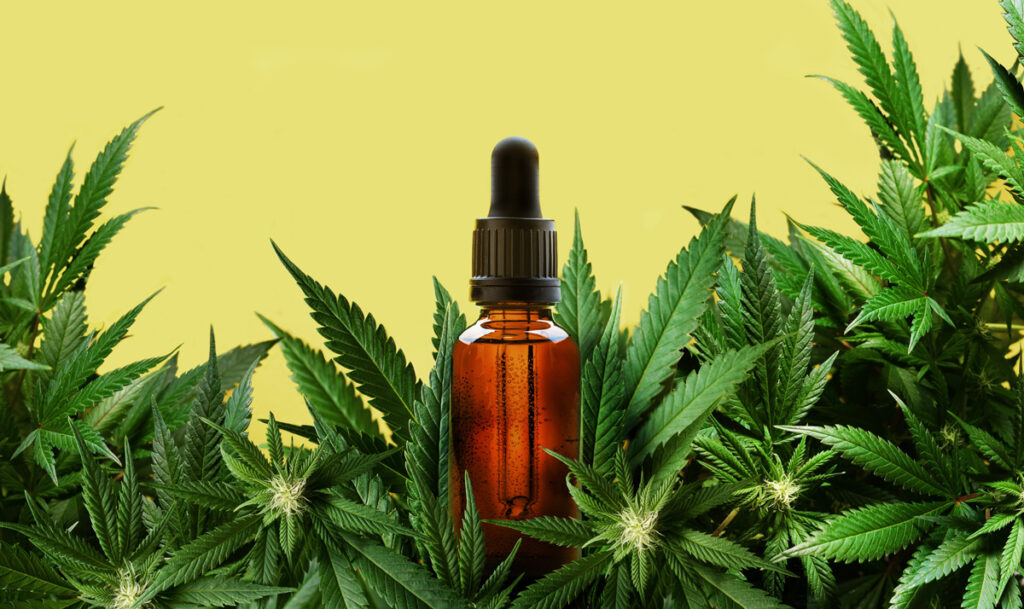
THE HOUSE Appropriations Subcommittee on Agriculture in early June passed a spending bill that could dramatically reshape the U.S. hemp industry.
The bill, which focuses on a number of unrelated spending issues, would redefine hemp under federal law to ban cannabis products that contain any “quantifiable” amount of THC or any other cannabinoids with similar effects. Only non-consumable hemps — including fiber, grain, oil and specific food products like hemp seeds or microgreens — would remain legal under the new definition.
Critics say this redefinition would effectively wipe out the vast majority of today’s hemp-derived products, which are sold widely online and in retail settings outside the regulated cannabis market. Even non-intoxicating CBD items typically contain trace amounts of THC, and under current law, those products are allowed if they contain no more than 0.3% THC by dry weight.
The bill would likely shut down the gray market for intoxicating hemp-derived products like delta-8 THC, which users say produces a similar high to traditional cannabis. These products are now widely sold in stores, gas stations and online across the country. A 2022 study found they are particularly popular in states that haven’t legalized recreational cannabis.
State crackdowns set the stage for federal action
The bill follows growing momentum at the state level to restrict or ban intoxicating hemp products. States such as New York, Colorado and Minnesota have already passed laws targeting delta-8 and similar compounds, while Texas lawmakers recently advanced a bill banning any detectable THC in hemp products.
But federal action threatens to go further than state-level bans by collapsing the legal hemp cannabinoid market altogether. This would include products currently sold to consumers nationwide and promoted for health, wellness and recreational purposes.
Industry executives warn of economic fallout
Hemp and cannabis executives are sounding the alarm, with some saying it would destroy the legal hemp industry. The head of the U.S. Hemp Roundtable warned the bill represents “a dire emergency” for farmers and businesses alike.
The National Cannabis Industry Association warned it would fuel unregulated black-market activity and compromise consumer safety. Even the alcohol industry, increasingly active in the hemp-derived beverage market, has joined the opposition.
The Wine and Spirits Wholesalers of America labeled the proposal “troublesome” and “overly broad,” arguing it would invalidate meaningful state-level progress on regulation and jeopardize businesses that have built compliant operations around current laws.
Implications for cannabis industry leaders
For cannabis operators, the bill poses a complex challenge. While many licensed cannabis operators have expressed frustration over unregulated hemp-derived competitors, few support a sweeping federal ban that could stifle innovation and drive consumer behavior underground.
After passing the subcommittee, the measure was debated by the full House Appropriations Committee on June 11.
